Menopause is no taboo for Sophie, Countess of Wessex | News | The Times
This is a really interesting article taken from The Times about The Countess of Wessex speaking about her experiences with Menopause.
“The Countess of Wessex has spoken frankly about her experiences during the menopause as she called for an end to the taboos around women’s health.
In a plea for more open dialogue, she said that the menopause should be a liberation “but feels like a shackle”. Men should be brought into the conversation, she said — and if they do not want to listen, women should “get louder”.
The countess, 56, was speaking in a video call to mark becoming patron of the charity Wellbeing of Women.
She said: “You know in the middle of a presentation when you suddenly can’t remember what you were talking about? Try being on an engagement when that happens — your words just go. You’re going, ‘Hang on, I thought I was a reasonably intelligent person, what has just happened to me?’ ”
Sophie went on: “We should be celebrating the fact that we don’t have to have periods any more — it should be a liberation, but it feels like a shackle. It’s described as something incredibly negative.
Criticising the pressure on women to look young, she said: “We’ve got to be fit, we’ve got to be clever, we’ve got to be skinny, we’ve got to be looking beautiful, we’ve got to look 25 years old for the rest of our lives — but our bodies are going, ‘Well, you can do all of that on the outside as much as you possibly can, or as much as you can afford to’, but on the inside things are a little different. The inside hasn’t been listening to social media, it’s just going to happen.”
Calling for more open conversation, she said: “We all talk about having babies, but nobody talks about periods, nobody talks about the menopause. Why not?”
Girls should be taught about the menopause, she added. “When we’re told that we’re going to begin our periods, are we told they’re going to end?”
Sarah Jane Cale, the founder of the website Positive Menopause, said that there were about 13 million working women over the age of 40, and one in four had considered leaving their jobs when reaching the menopause.
She said: “Employers need to be taught and helped to support people of a certain age, to encourage them they are still a valuable member of the workforce.”
